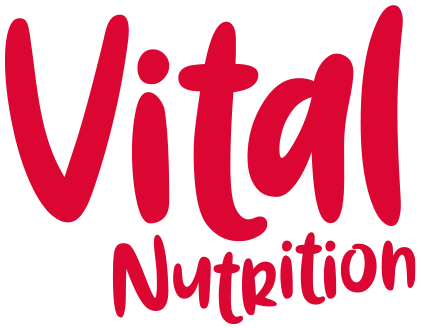Planet-healthy eating made easy
While world leaders meet to discuss global strategies to reach climate change targets at COP26, we all have a responsibility to do what we can for the health of our planet, and that includes the food we choose to put on our plates.
From eating less dairy and meat, to taking steps to reduce our food waste, we can all make simple changes to do our bit to eat a more ‘planet-based’ diet. This doesn’t have to mean adopting a strict vegan diet or growing all your own food, unless you want to of course, but it does mean considering the impact of your everyday dietary habits have on climate change, Even small changes can make a big different, if we all change one thing.
From the fossil fuels needed for food production to plastic pollution in our oceans, it is time to take a closer look at how our habits could change to help minimise our impact on climate change.
Here are some things worth thinking about:
Eat less meat and dairy. With the meat and dairy industry being one of the biggest producers of greenhouse gas emissions, this is a hot topic for debate. For far too long we have relied on cheap, industrial produced meat and now we are paying a price. I am not necessarily advocating that we all adopt a vegetarian diet, but if we stopped to consider how our meat is being produced, we might make a different choice. Consuming smaller amounts of animal products from local, small scale farms, who produce high quality meat is a step in the right direction, Meat is the most expensive ingredient on our plats, so make it go further by bulking out your Bolognese with puy lentils, having more vegetable son your plate than meat, or choosing a couple of days a week to have meat-free meals.
Avoid foods containing palm oil. Palm oil is an extremely versatile oil, used extensively by the food industry, The problem is that vast acres of land have been deforested to make way for its production, destroying many endangered species and changing the local environment in its wake. According to WWF, ‘this forest loss coupled with conversion of carbon rich peat soils are throwing out millions of tonnes of greenhouse gases into the atmosphere and contributing to climate change.’ Read your labels and choose palm-oil free options of your favourite chocolate, biscuits, crackers and other foods.
Grow something - even if it is just pot of fresh herbs on your kitchen windowsill so that you are less likely to buy herbs in a plastic carton.
Reduce your food waste. Getting into the habit of planning what you are going to eat means you will not buy more than you need, so there will be less food to throw away at the end of the week. Batch cooking, using some frozen vegetables so that you just use what you need and using up all the ingredients you buy in simple yet creative ways like adding to soups, stews, curry or omelettes means you have a lot less waste.
Buy local. Reduce your food miles by buying foods that are produced more locally. Not only will you be eating with the seasons, but you are likely to end up with more nutrients in your diet too, as often more food miles means the nutritional content has diminished by the time the food meets your plate.
Eat less processed stuff. Not only will you eat healthier and feel better, but the less processed food you eat, the less packaging and fossil fuels have been used in its production.
Use refill outlets. Over the last few years there have been dozens of small independent refill shops popping up all over the place, Fresh fruit and vegetables, pulses, grains, bread, milk - this is a modern twist on how we used to shop in previous generations.
Walk to the shops. If you live close enough to the shops, farmers’ market or supermarket that you can walk, you’ll be getting fresh air and exercise and reducing your consumption of fossil fuels.
This blog post first appeared as my column in The Irish News on Saturday 30 October 2021.

